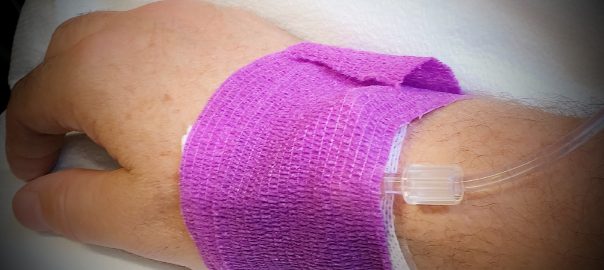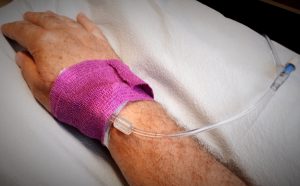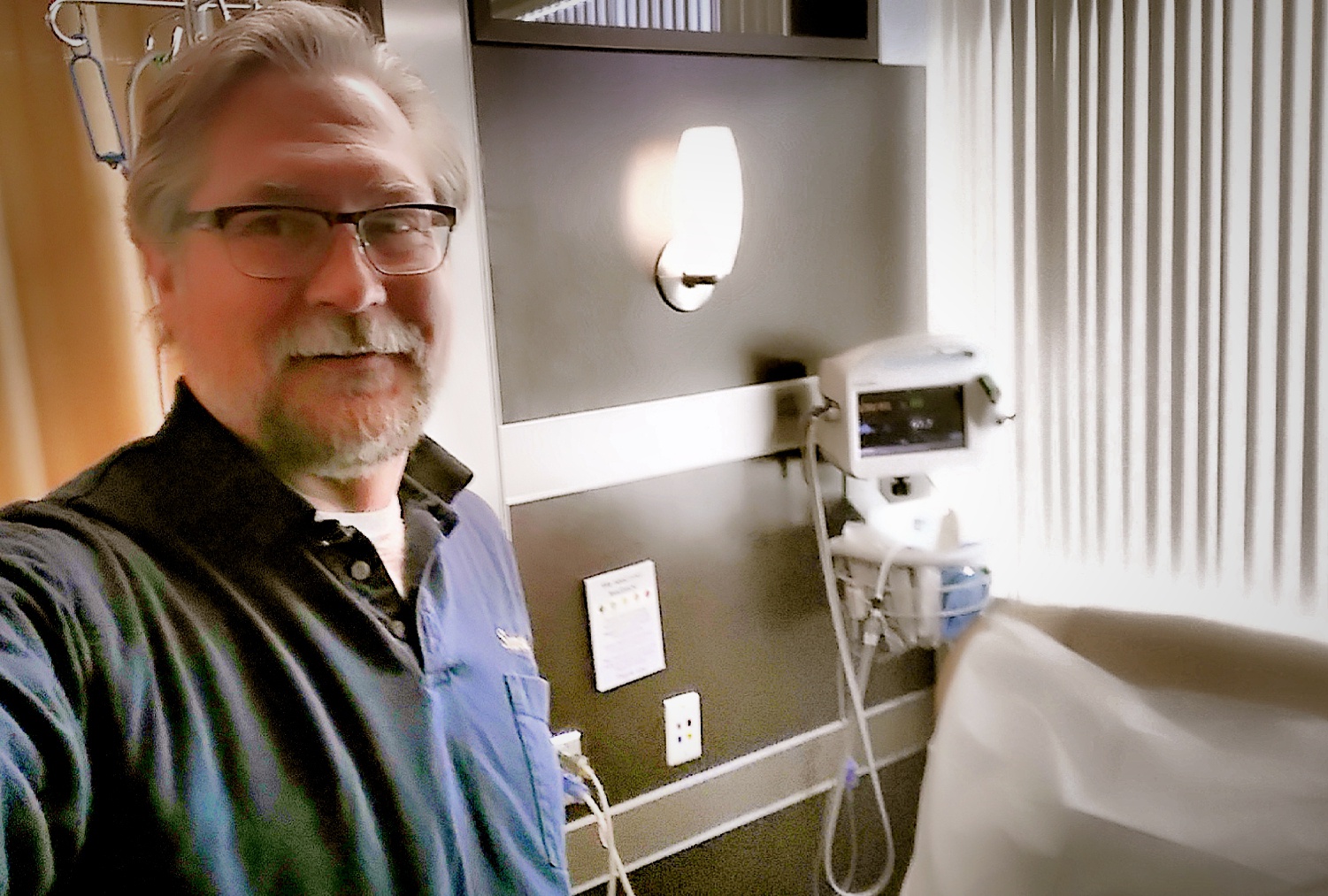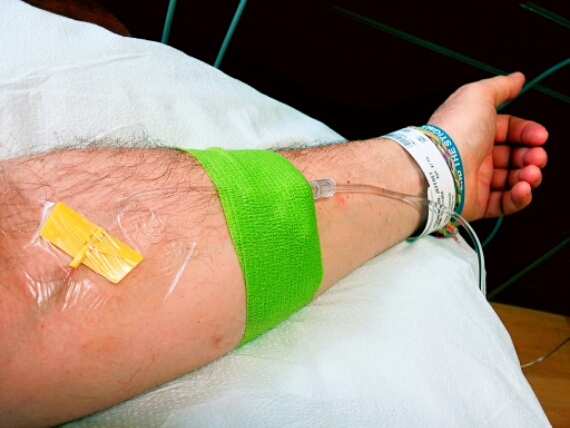When I was diagnosed with metastatic, inoperable Stage 4 Lung Cancer, it wasn’t long before people were suggesting that I set up a GoFundMe page or use a similar service like YouCaring that would allow friends, family and even total strangers to donate money that would offset my soon to be staggering expenses. My first thought was, “wow, someone else can pay my bills! Score!” I knew about these sites — I had even donated to a few families through them, just like I had supported projects on Kickstarter and IndieGoGo, et. al. — but it had never occurred to me that I might one day be in a position where I would need to set one up. After all, we have good insurance, my wife has a steady job and I should still be able to work at least part time — that is what had run through my head — so this was a storm I expected to weather.
At first, things looked promising. Thanks to the Affordable Care Act, our family’s insurance costs actually came down. We were no longer subsidizing larger families (yes, I understand that families with more children may have seen an increase in premiums because many old policies used to have “family” rates that did not count the number of insured) and we also now had two “safety nets” built into our coverage: a potentially manageable annual cap on medical spending and the knowledge that I could not be dropped or denied coverage because of my condition. Had I been diagnosed a couple of years earlier, this would have been a very different story and we would, with some level of certainty, have lost our home by now or I would be getting treated through some other means entirely, maybe even be dead, or some combination of those options. Continue reading The High (Financial) Cost of Cancer and Why I Am Not Setting Up A GoFundMe Page







